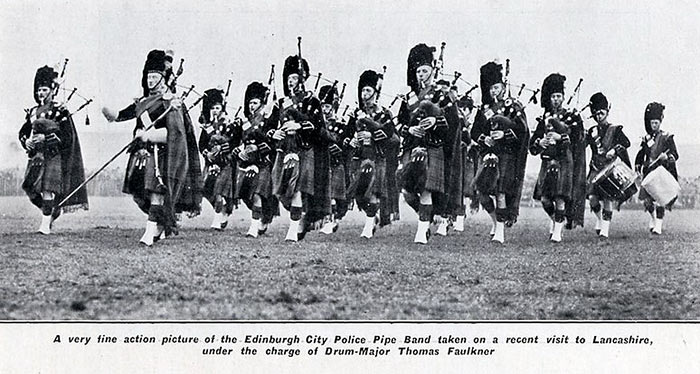
Continuing with my look at the 1948 World Pipe Band Chanpionships based on the old programe kindly sent to me by Don Bradford, I have some observations on the list of bands (see here):
First prize in the Grade 1/Open contest was £50 plus the News of the World trophy.
The high number of bands from mining communities at that time.
Grade 4 comprised only ladies pipe bands.
I had not heard of a Fallin Pipe Band before but the band was from a former mining village near Stirling.
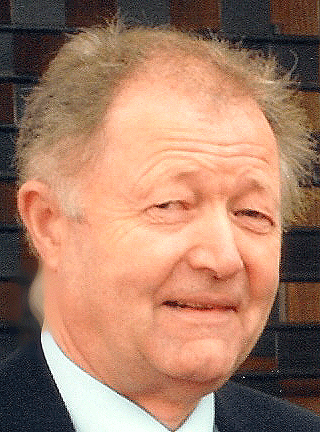
By Alistair Aitken OBE
The Royal Naval Torpedo Factory Pipe Band was based in Greenock. Bob Montgomery started his drumming career with the band before being associated with Greenock Police and then joining the legendary Edinburgh City Police Pipe Band with which, as Leading Drummer, he won the Worlds on four occasions (1963, 1964, 1971 and 1972).
Unless I have missed something, the only pipe band from Northern Ireland was Ballycoan, and the only band from the Republic of Ireland was Fintan Lalor. Perhaps I could clarify an issue about the Worlds Grade 1 Drumming prize. Fintan Lalor was the first overseas band (i.e. a pipe band based outwith the UK) to win the Worlds Drumming prize, in 1939 at Cowal Games.
The Triumph Street Pipe Band from Canada achieved the same award at Nottingham in 1979, the first time an overseas pipe band had achieved this accolade at a World Pipe Band Championships under the auspices of the SPBA (or the first pipe band outwith the British Isles to win the award).
Dalzell Highland was of course a well-known pipe band as among its former Leading Drummers were legendary names such as Jimmy Catherwood, Gordon Jelly and Alex Duthart.
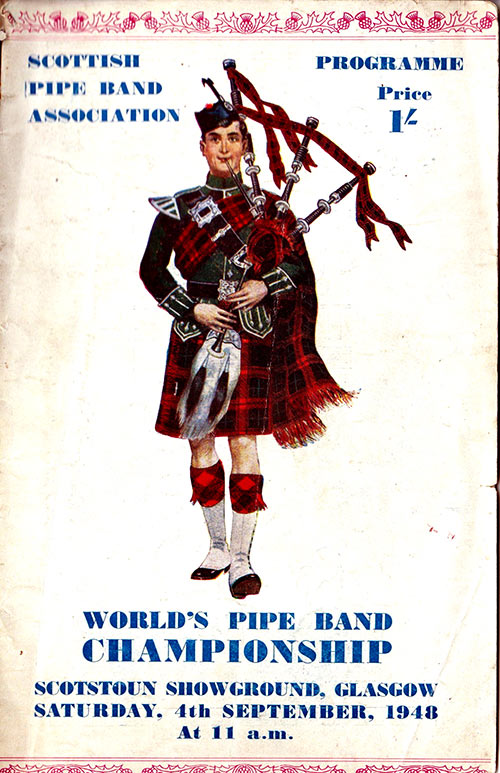
Strangely the Edinburgh City Police Pipe Band did not appear in the list for the 1948 Worlds despite having competed at the event the previous year. I suppose it is possible that the band was involved in the Edinburgh International Festival but that would normally finish at the end of August unless it was later at that time.
The band won the World Championships two years later, at Dundee in 1950 under Pipe Major Donald Shaw Ramsay and is pictured at the head of this article on parade in 1949.
It is a sad fact that only three of the bands listed in the Grade 1/Open category still feature in the top grade – Shotts and Dykehead, Johnstone and City of Glasgow Police, the latter having since experienced a number of name variations.
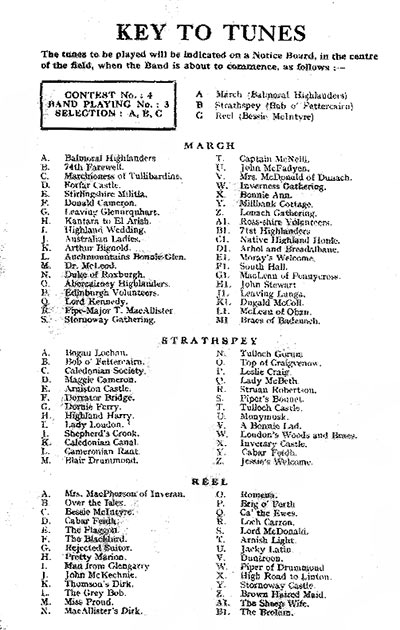
The programme also showed a list of all the tunes played at the 1948 Worlds, the competition requirements at that time still of being march, strathspey and reel. As the list above shows it contained some tunes which we have not heard often in recent years.
At the time of the 1948 World Championships the SPBA was governed by a committee comprising a President, Vice-President, Treasurer, Secretary, Assistant Secretary and a number of regional representatives. The National Council was not created until later, which eventually became the current Board of Directors.
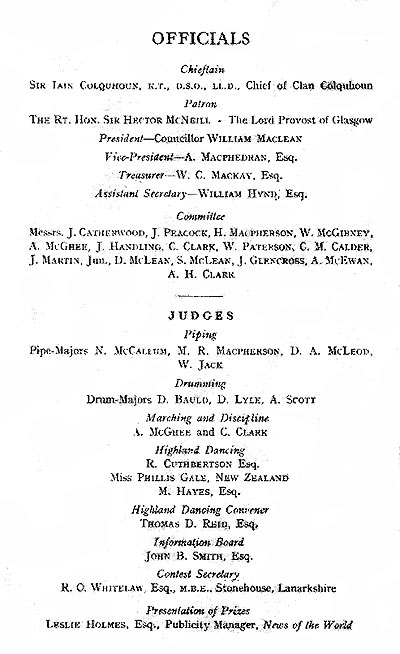
The Secretary at the time was Robert C Whitelaw MBE, who had a prominent role in the negotiations which led to the Scotstoun venue for the 1948 Worlds. The fact that the Lord Provost of Glasgow was also a patron of the SPBA and Glasgow Councillor William MacLean was President of the SPBA must have added to the difficulties in resolving the venue problem.
Mr Whitelaw’s defence of the SPBA’s position was published in 1948 in a document entitled “Bygone Days” which readers can view via this link.
As the List of Officials opposite shows, the SPBA committee members included the legendary Jimmy Catherwood as well as Hugh MacPherson from Edinburgh who was eventually to become President of the Association in 1953. Readers of Piping Press may have information about some of the other names mentioned which they could share.
To conclude, perhaps I could also take this opportunity to acknowledge the mistake I missed in the main World Championships history article. I am grateful to the readers who picked up the error that the World Championships have in fact been held in Belfast on two occasions (1956 and 1962). The list of winners by year was correct. The error was in the commentary sections. My apologies and the only excuse I can offer is old age!
- Read the first part of this history here. Do you have an old programme or some nugget of pipe band history you would like to share with the wider pipe band movement? Why not forward it to us at editor@pipingpress.com and we will in turn forward it to Alistair and thanks again to Don Bradford for the 1948 programme.








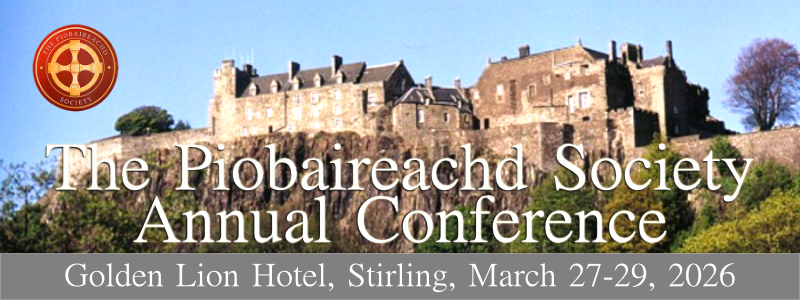

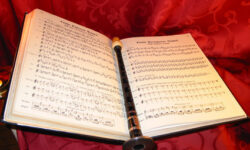
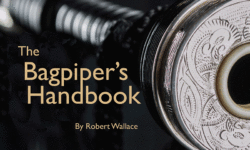
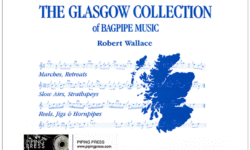





A pity that the article does not give the names of the Pipe Majors of the Royal Naval Torpedo Factory. Originally the factory was located in Greenock, but moved to Alexandria in 1953.
I have the following names of the Pipe Majors:
– 1948? Alex McINTYRE
– 1952? Angus Eads MOORE
– 1954? James PETTIGREW.
I would like to know when this pipe band existed and if anyone has more information about the Pipe Majors please let me know.
Thank you!
Aad Boode, Livingston
Fintan Lalor pipe band also won the SPBA World drumming championship in 1956.ì